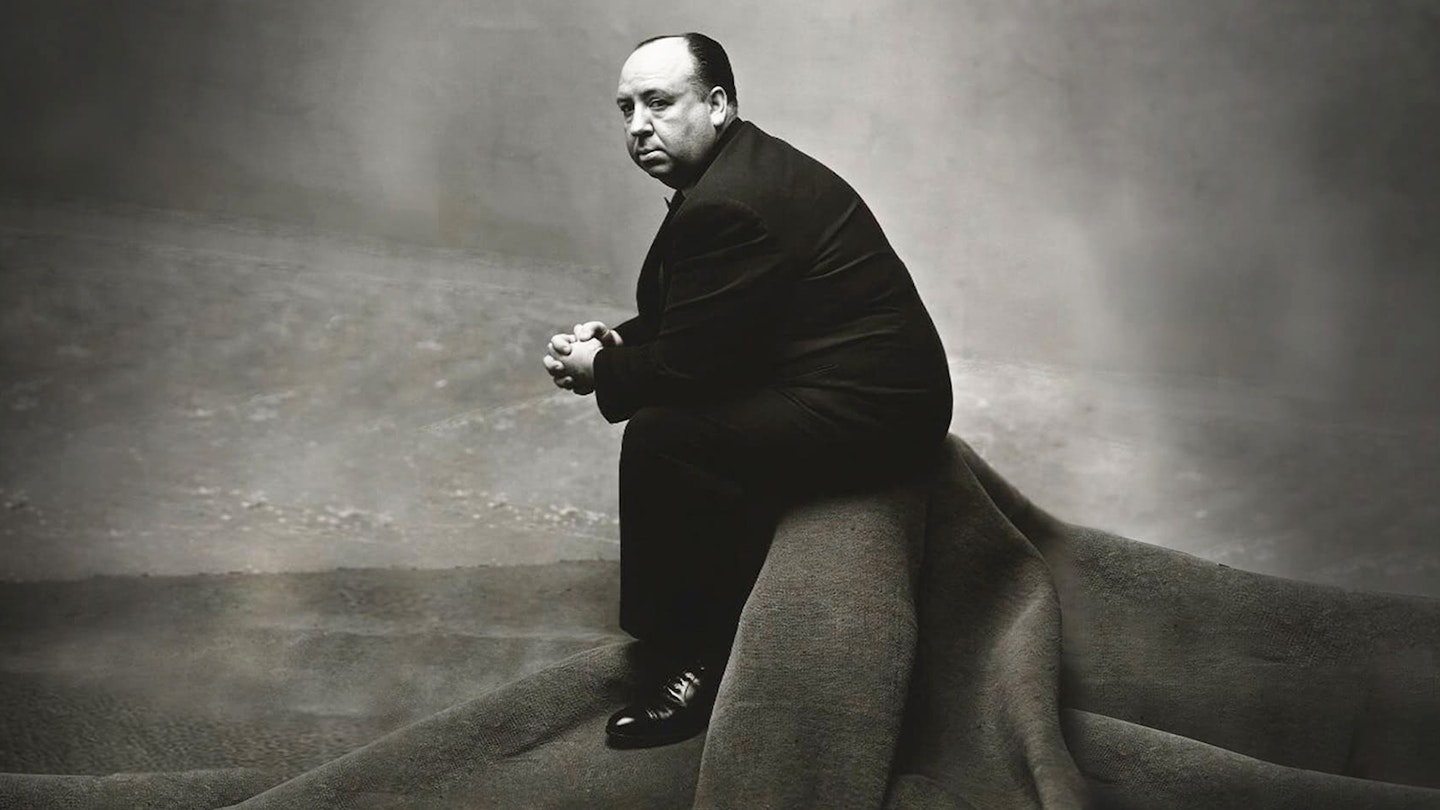It’s only fitting that Mark Cousins should tackle Alfred Hitchcock for his latest documentary. Both directors are auteurs with distinctive storytelling tics: Hitchcock with his visual flair and unique blend of suspense and romance; Cousins with his carefully-curated film clips and idiosyncratic voiceover.
But Cousins gives his Northern Irish lullaby vocals a rest this time because, according to an early caption, this film is “written and voiced by Alfred Hitchcock”. Of course, that’s total bunkum. Impressionist Alistair McGowan provides Hitchcock’s familiar droll, unhurried tones, while Cousins’ voice — only briefly heard, as if in conversation with his subject — is unmistakable in the incisive, illuminating script.
That Cousins himself finds new and enlightening ways to approach his subject suggests an equally long life for his own film.
It’s an unusual approach, emblematic of this refreshingly original video essay. There are more films about Hitchcock than he made himself, and Cousins knows this. So he avoids biography and the well-worn path of listing Hitchcockian tropes like voyeurism, blondes and overbearing mothers, opting instead for six atypically-themed chapters: Escape, Desire, Loneliness, Time, Fulfilment and Height (as McGowan’s Hitchcock notes: “End on a high, they say”). Perhaps the best example of Cousins’ rejection of cliché is his brief mention of Hitchcock’s famous contrazoom shot: where everyone else points to Vertigo, Cousins draws attention to its equally unsettling use in Marnie.
What is predictable is the flawless selection of clips used to illustrate Cousins’ musings, culled from right across Hitchcock’s vast filmography; only a handful of his 53 features go unrepresented. It’s the ideal way to represent the documentary’s core arguments: that every film in this remarkable body of work boasts something fascinating and unusual about it, and that the canon itself endures, remaining relevant to the modern audiences Hitchcock seems to address from beyond the grave. That Cousins himself finds new and enlightening ways to approach his subject suggests an equally long life for his own film.
